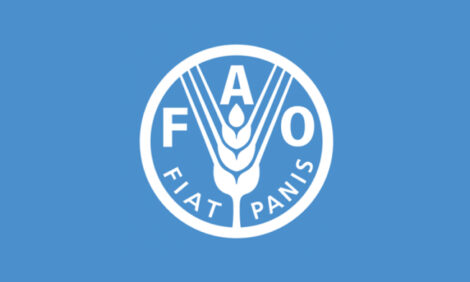



Poll Gene Tests Working Well For Brahman
AUSTRALIA - An industry validation study of the Beef CRC polled gene marker test for Australian beef cattle has shown 89 per cent of the polled Brahmans tested returned an unambiguous result.Project leader Dr John Henshall says the test is working well with Brahman, Hereford and Droughtmaster breeds, and has a lot of potential in the Charolais, Santa Gertrudis, Shorthorn, Simmental and Tropical Composite breeds.
The poll gene marker test was developed for Australian cattle by the Beef CRC, CSIRO and MLA in collaboration with the AGBU at the University of New England and the Animal Genetics Laboratory at the University of Queensland in direct response to industry concerns about dehorning and animal welfare.
While dehorning has long been used to reduce carcase bruising and hide damage, and improve handler safety, it is also labour and time intensive and can adversely affect animal productivity and welfare. The aim of the polled gene test was to identify genetically polled animals that will not pass horns on to the next generation of calves.
Whilst preliminary results are positive, more records need to be taken to predict genotype in some breeds, such as Brangus and Limousins.
Higher premiums
Stud breeders have reported higher premiums paid for polled bulls over horned bulls. This test offers more genetic certainty of the horn status of sale animals which is advantageous for both seller and buyer.
In herds where there is a high proportion of horned animals, use of a true polled bull will produce polled or scurred progeny. Through continual use of true polled bulls over generations, a breeding herd and their progeny will become predominantly polled.
Selecting for a single trait
Breeders have raised concerns about undesirable changes in other important traits when the focus is on selection for a single trait, and the limited number and genetic diversity of true polled bulls available. However as with all selection decisions, breeders need to continue to select bulls based on their overall breeding objectives using subjective assessment for soundness and non-subjective tools including EBVs and genetic markers where relevant for the best outcomes.
The University of Queensland’s Animal Genetics Laboratory offers the polled gene marker test for $33.00 (including GST) per animal. Contact your breed society or UQ AGL for further information. Bulk order discounts apply. More information: http://www.uq.edu.au/vetschool/tests
TheCattleSite News Desk


